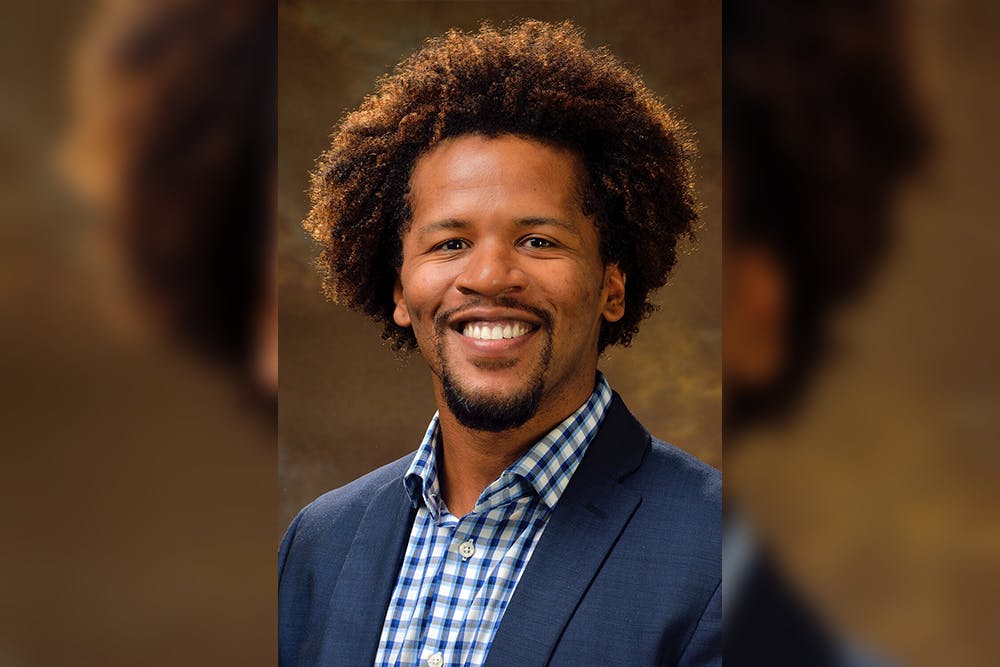Stuart Weitzman School of Design postdoctoral fellow Matthew Miller will serve on the Philadelphia Art Commission, which is the city's design review board.
Philadelphia Mayor Jim Kenney appointed Miller to the nine-member Commission, which is part of the Department of City and Regional Planning, in late August. The Commission makes decisions about all construction projects and public art located on City property or funded by the City. Miller, who is the only Black member of the Commission, said the mayor appointed him in part due to his commitment to anti-racism.
Miller has previously worked with the Philadelphia Department of Planning and Development to further anti-racism in the city's planning process. He said he plans to “bring the mind of a scholar and an urbanist” who cares about equity to the Commission.
“I'm very much interested in how to apply my interest in storytelling, geography, and planning, from the perspective of someone that thinks about art and cultural production in the public realm,” Miller said.
Miller, who is known to many as "Dr. Matt," is excited to translate his work in academia into public spaces and everyday life. He is filling a vacancy for one of the two spots reserved for art and architecture faculty on the Commission, according to the Weitzman Press Room.
“As a scholar, you're forever a lifelong learner," Miller said. "It's really exciting for me to be able to see how development works in a city like this.”
Miller's goals for his new role include working with the Cobbs Creek Recreation Center, a municipally funded recreation center in West Philadelphia. Miller said he wants to bring the recreation center back to life while engaging the community.
For every project the committee works on, it examines the historical character of the neighborhood, who will benefit from the project, and how the project will affect the surrounding community, Miller said.
RELATED:
Asian American Studies Program adds faculty, co-director after fears of program’s survival
New Arts Lounge space in Annenberg Center features first exhibit
Penn receives $1.3 million grant to protect the Wupatki National Monument
“What's exciting to me is that there's a degree of freedom about how you interpret what these projects mean,” he added.
One challenge that Miller anticipates is the planning of monuments across the city. Monuments including the Christopher Columbus statue in South Philadelphia have become charged symbols amid the push for racial justice following the police killing of George Floyd.
“You want to preserve the history, but also assert that people have been here and lived here to meet the needs of people who are here now,” Miller said.
He aims to find a way to reflect Philadelphia's “gritty, rich, and authentic history” through monuments, and said he accepted the appointment to the Commission to bring a new perspective to the table as the youngest and the only Black person in the group. He is a first-generation college graduate and openly queer. Miller also serves as the director of Justice and Belonging Initiatives at Weitzman, which is a re-conceived version of the school's diversity, equity, and inclusion work.
“I was creating my own path along the way and want[ed] to create a sense of being a public intellectual as I go through this journey,” Miller said.









